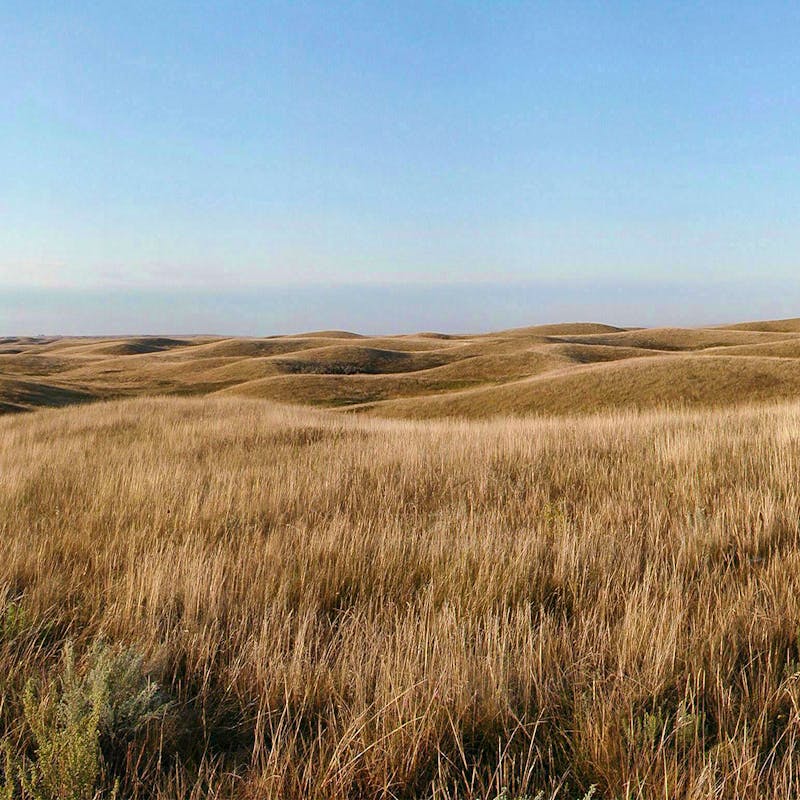COVID-19 has disrupted how we go about our daily lives, from grocery shopping to sports to education—and this includes the field work of wildlife professionals.
In captivity, tigers have shown to be susceptible to COVID, and mustelids like domestic ferrets and mink can also contract the virus from humans. That is why wildlife recovery experts across the country are taking the novel coronavirus seriously, especially when it comes to field work that involves getting close to and handling wild animals. Safety precautions and protective gear will be of the utmost importance to ensure the health and safety of all species.
“This year we have the added concern of COVID-19 with ferret recovery efforts, but we have developed a suite of field practices to help protect ferrets and people from the virus,” said Pete Gober, U.S. Fish and Wildlife Service recovery coordinator for the Black-Footed Ferret Recovery Program.
COVID-19 is especially dangerous to endangered species like the black-footed ferret because it has the potential to spread from humans such as the field staff working on their recovery. And as one of the most endangered animals in North America, with approximately 350 individuals in the wild, the black-footed ferret may not be able to survive an added mortality from this disease.
In normal summer months, at active ferret reintroduction sites across the West, biologists survey the animals to count populations and conduct health checks. With endangered species recovery, it’s important to know how many ferrets are at each site and whether they are successfully reproducing in the wild.
Defenders of Wildlife is part of the U.S. Fish and Wildlife Service’s (FWS) Ferret Recovery Team, which has created best-management practices to guide summer field work to minimize any human exposure of COVID-19 to black-footed ferrets. In many cases, this means not even going in the field. It also means careful considerations will be made to determine if capturing black-footed ferrets is necessary or if surveys from field trucks will suffice.
Specific guidelines for field activities include:
- Wearing N95 masks and gloves whenever handling ferrets or equipment that will be in contact with ferrets.
- Administering regular vaccines to black-footed ferrets in traps whenever possible.
- Disinfecting all equipment (especially inside field trailers) that will contact the animals before and between all uses.
- Minimizing the number of staff that will be near ferrets for field surveys and releases.
- Protecting staff by allowing only one staff member per vehicle.
- Continuing to combat plague that can erupt in prairie dog colonies through tools such as dusting colonies with flea powder to kill fleas that carry plague.
- In addition to wild, native black-footed ferrets, which have been reintroduced to 30 recovery sites in 10 western states, ferrets are also bred in captivity to supplement the wild populations. FWS has guidelines for these technicians as well, which are intended to keep all black-footed ferrets safe for long-term recovery.


While COVID-19 has delayed and added to the field preparations and practices of recovery staff, we will remain diligent and strictly follow the safeguards so the black-footed ferret can continue to recover in the wild.










